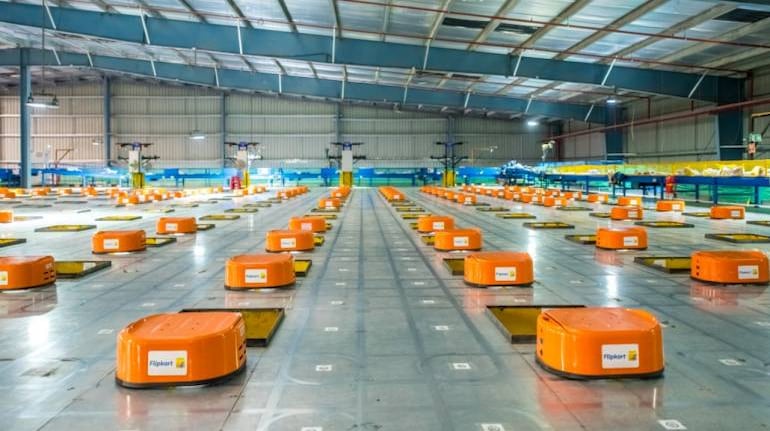



In April, as COVID-19 hit and the entire country went into lockdown, retail businesses saw massive disruptions. To tide over the crisis many started looking for opportunities online.
Players like Instamojo, Unicommerce, Shiprocket and multiple others have noticed new businesses online, which are booking orders and shipping goods directly to consumers. This is the case as much with micro businesses as it is with large brands.
“We are getting more enquiries from large brands for support to take them online, they are looking for digital transformation solutions,” said Kapil Makhija, chief executive officer, Unicommerce. “While it cannot happen instantaneously, the transformation is happening faster.”
High street brands like AND and others, which were primarily big offline, are now looking to strengthen their online play.
For instance, a large apparel brand, which was running multiple high- street retail outlets and large shops in tony malls is sitting on inventory and cannot sell because of the pandemic. If customers are not coming to the shops, these brands are trying to reach out to the them through online channels.
From accepting orders online, these brands are looking at offline fulfilment.
“After an order comes in, an AI-based engine can say which store can process the orders based on proximity, availability of products and other factors. Then, shipping can be done from there,” said Makhija.
Small businesses going onlineAs micro businesses are coming online at a never-seen-before speed, players like Instamojo are noticing the shift. The Bengaluru-based Instamojo helps sellers build websites, accept orders and payments, and even ship goods across the country.
“A lot of mid-tier retailers in the food and grocery segment are joining online platforms. This was not a major category during the pre-COVID days. It is emerging as a major sector now,” Sampad Swain, chief executive officer, observed.
For Instamojo, COVID-19 is what demonetisation was for payment companies. Small businesses are flocking to the platform without any extra marketing budgets on customer acquisition. Unicommerce, Shiprocket and multiple others agree.
The signs of shiftFrom selling sarees to pickles to offering online gym classes to virtual comedy shows, small and micro businesses have a good presence in the cyberspace. No wonder, Instamojo’s logistics business, Mojo Express, has reported 5,000 shipments in June.
Saahil Goel, co-founder of Shiprocket, has an interesting observation. Many small retailers are uploading files manually onto Shiprocket’s systems to mark out where the goods need to be shipped to, he said.
“This shows that these businesses never had any online presence,” said Goel. Shiprocket offers ecommerce logistics solutions to sellers.
“Though these are all small-volume businesses, the trend will catch up more during the next financial year,” Swain said.
That is why Shopify, in a blog post published on May 12, announced the launch of an accelerated e-commerce bundle to offer brands and SMBs free growth consultation service and on-demand learning sessions. The aim is to help companies build an online presence and scale up businesses.
The challengesWhile online is definitely a major space for small retailers, it is not easy to handle.
The neighbourhood kirana store operated on a catchment area, and the customers were well acquainted with the owner of the shop. When they switch online, these businesses have to compete with any other online grocer or e-commerce platform. For larger brands, recognition is not a problem.
“Online is in an ocean. Here, your locality is no longer your moat. A consumer from Kancheepuram can order from a business in Bengaluru. That is an opportunity as well as a challenge,” said a chief executive at a payment company who works with small merchants.
As many small businesses show willingness to operate on cash-on-delivery models, the trend becomes clear: they are ready to take the risk and intend to push hard on online sales.

Discover the latest Business News, Sensex, and Nifty updates. Obtain Personal Finance insights, tax queries, and expert opinions on Moneycontrol or download the Moneycontrol App to stay updated!
Find the best of Al News in one place, specially curated for you every weekend.
Stay on top of the latest tech trends and biggest startup news.